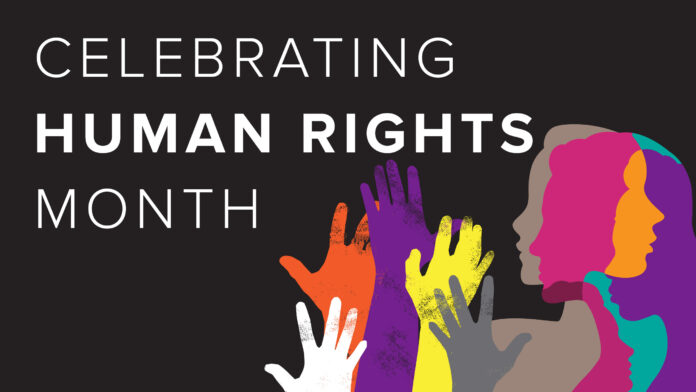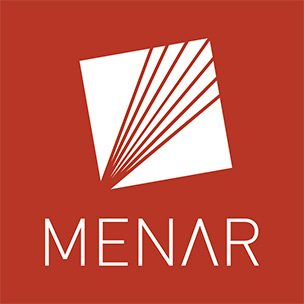Human Rights Month is a time for reflection and action. It reminds us of our responsibility to uphold the dignity, equality, and well-being of all people. One sector that often falls short in this regard is the mining industry, despite its immense contributions to economies worldwide.
While mining generates wealth, too often, the communities that live and work in mining areas remain marginalized, facing human rights violations, environmental destruction, and economic inequality.
If we are serious about human rights, we must prioritize the empowerment of these communities. Their voices must be heard, their rights must be protected, and their development must be a priority.
The Role of the Mineworkers Development Agency (MDA) in Empowering Mining Communities
The Mineworkers Development Agency (MDA) plays a crucial role in promoting sustainable development and improving the livelihoods of mineworkers and their communities. Established to address the socio-economic challenges faced by mineworkers—especially those retrenched due to economic downturns or industry shifts—the MDA focuses on skills development, enterprise creation, and community empowerment.
Supporting Retrenched Mineworkers
The mining industry is known for job instability, with frequent retrenchments due to economic fluctuations, mechanization, and mine closures. The MDA provides retrenched mineworkers with training and alternative economic opportunities to help them transition into new careers. This reduces dependency on the mining sector and ensures financial stability for affected families.
Skills Development and Training
A key function of the MDA is equipping mineworkers with new skills beyond mining. Training programs cover: Agriculture and agribusiness – Teaching mineworkers sustainable farming practices to create alternative income sources. Entrepreneurship – Supporting workers in starting small businesses through financial literacy training and business development programs.
Enterprise Development and Job Creation
The MDA promotes economic diversification by assisting former mineworkers and their families in establishing cooperatives and small businesses. These businesses range from farming ventures to manufacturing and service industries, contributing to local economic growth. The agency also helps secure funding and market access for these enterprises.
Community Development Initiatives
Beyond supporting individual workers, the MDA works to uplift entire mining communities through:
Infrastructure development – Building schools, clinics, and community centers to improve living conditions.Health and social support – Addressing health challenges, particularly those linked to mining, such as respiratory diseases and occupational injuries.
Advocacy and Policy Influence
The MDA collaborates with government agencies, labor unions, and mining companies to advocate for fair labor practices, retrenchment policies, and sustainable community development. By engaging in policy discussions, the agency helps shape strategies that protect mineworkers’ rights and well-being.
Poverty Alleviation and Social Development
The MDA’s initiatives have improved the socio-economic conditions of mining communities. By establishing cooperative businesses, supporting food security programs, and improving local infrastructure, the agency has uplifted entire communities. Access to education and social services has improved, ensuring better opportunities for the next generation.
Women and Youth Empowerment
A major achievement of the MDA has been the inclusion of women and young people in economic development. Many training programs and cooperative initiatives have specifically targeted women, giving them financial independence and leadership opportunities. Youth in mining areas have also benefited from skills development, reducing their vulnerability to unemployment and social issues.
Environmental Sustainability
By promoting sustainable agriculture and responsible business practices, the MDA has encouraged environmentally friendly development. Many ex-mineworkers have been trained in organic farming, conservation agriculture, and eco-friendly businesses, reducing the environmental damage caused by mining and improving food security in rural areas.
By Mr Luthando Brukwe, Head of Strategy at Mineworkers Development Agency


